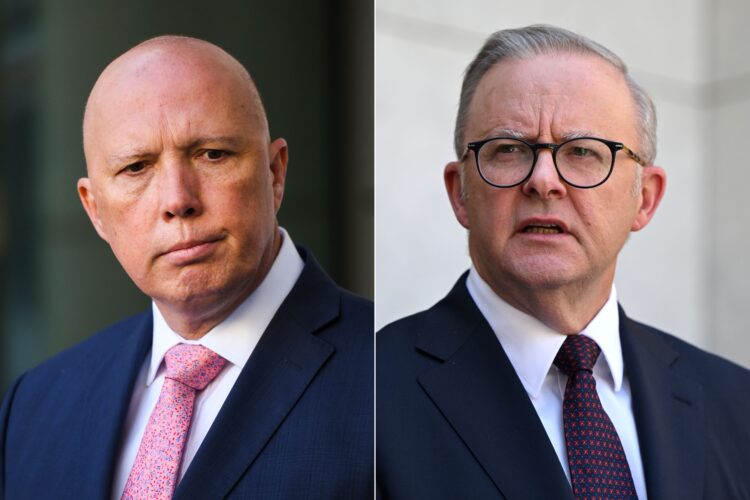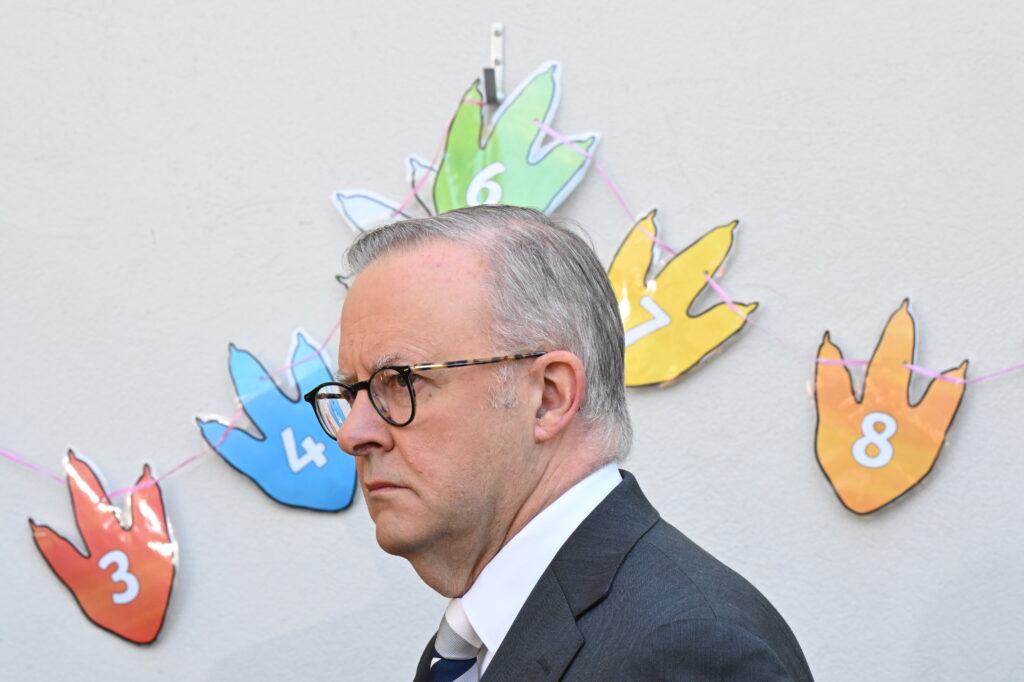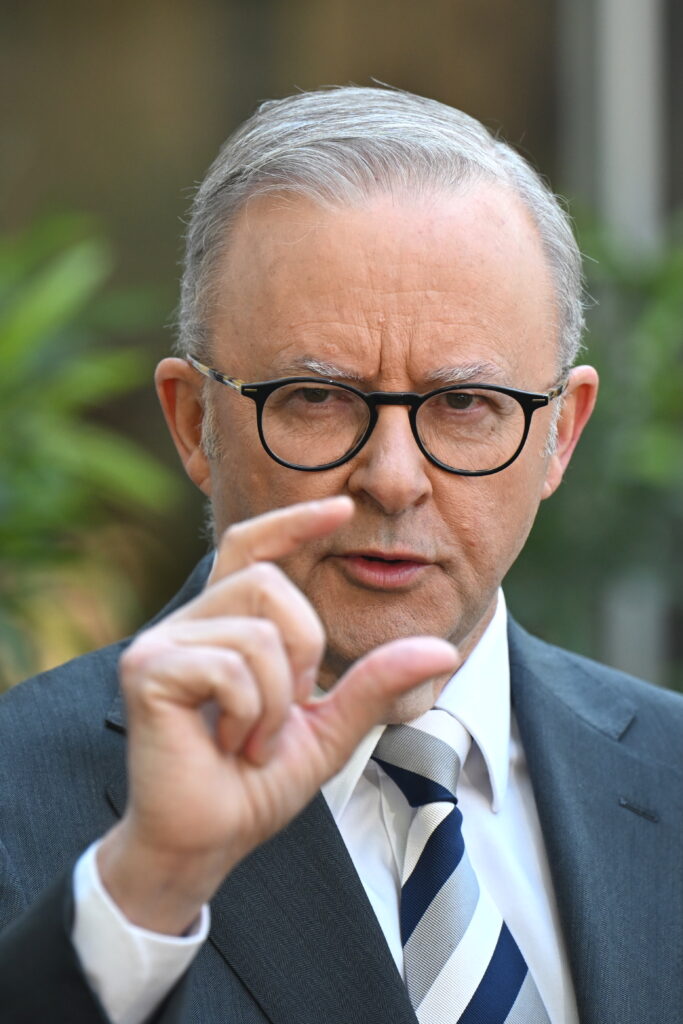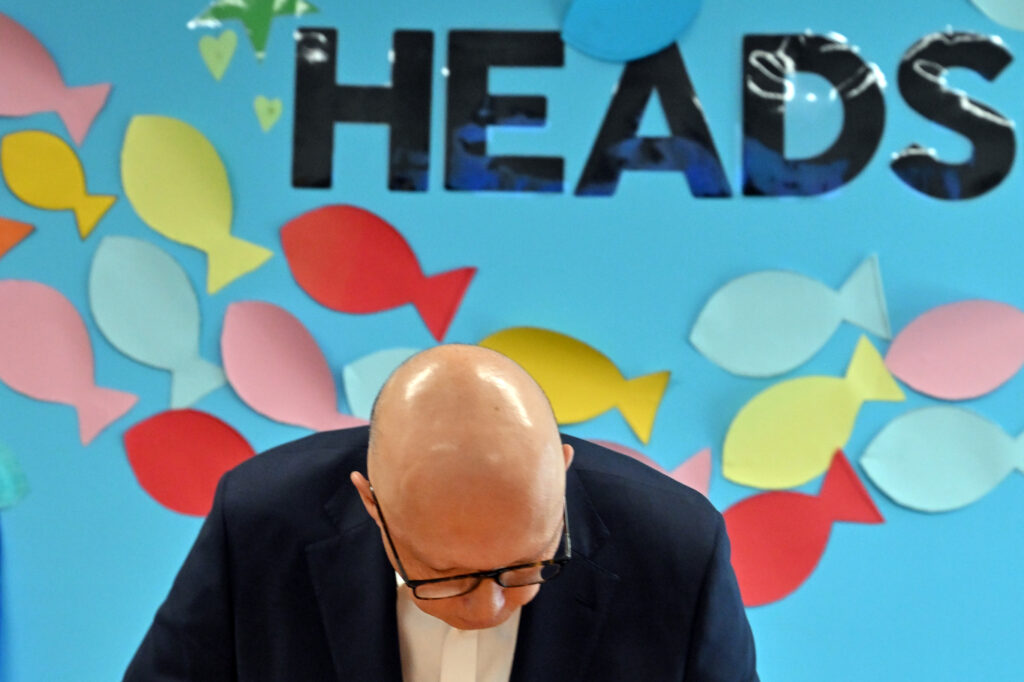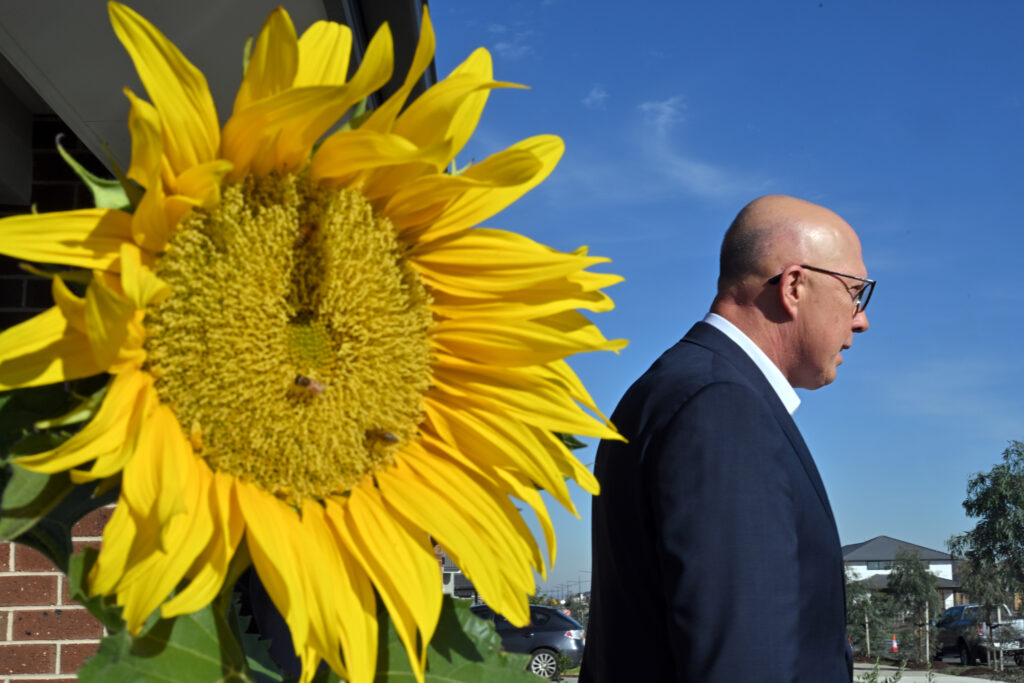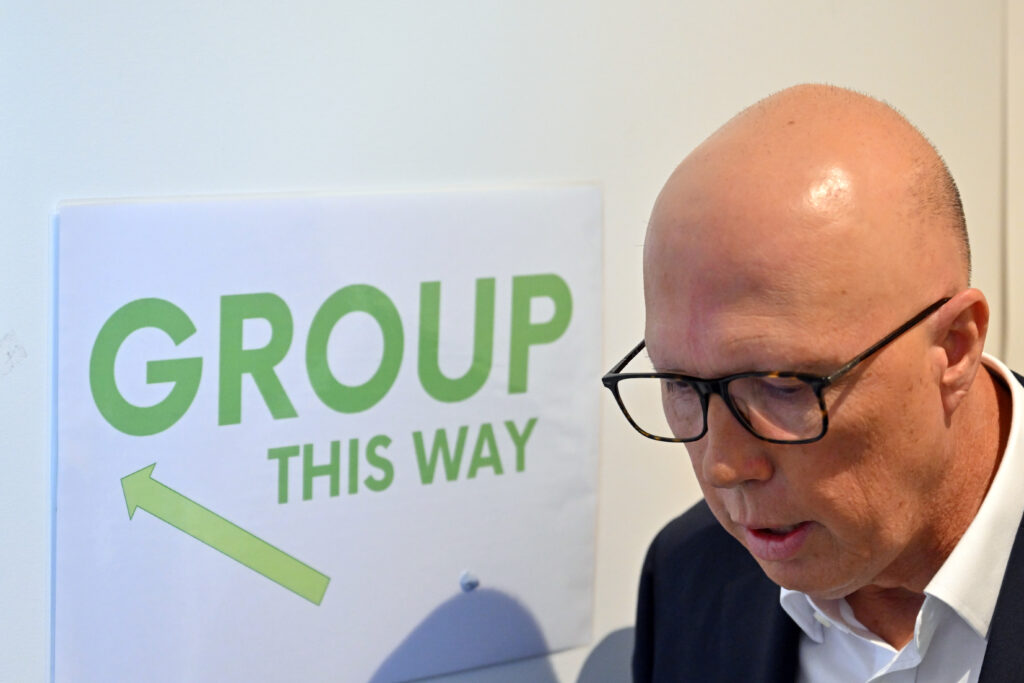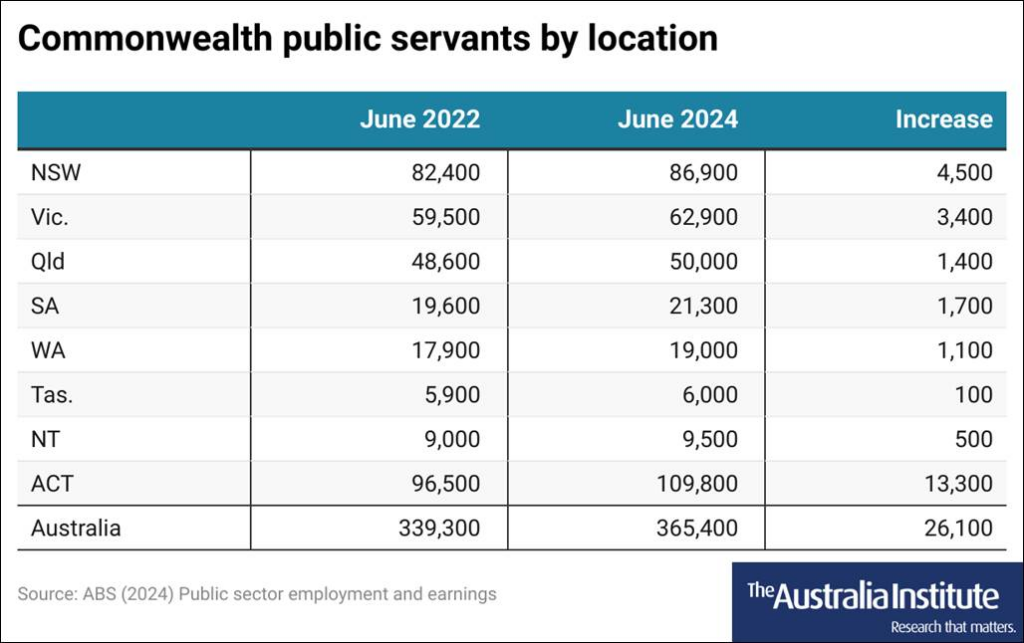Angus Taylor addresses the press club
It is going exactly as you would expect.
It is a lot to fact check already and by fact check I mean he has said a lot that needs context and also just some facts.
Greg Jericho has started:
The Liberal Party has announced it will dump the ALP’s vehicle emissions standards. Not surprisingly they’re doing this by saying it will make the prices of HiLux’s and Rangers more expensive – because they are the 2 biggest selling cars purely because our tax system has been designed to allow people to pretend they are work vehicles even when they are just being used as the family car.
The problem is because of our lack of emissions standards Australia’s light duty vehicles are much less fuel efficient that those vehicles in other countries – such as the UK
Our research has found that Australia’s light duty vehicle fleet is among the least fuel efficient in the world, using 24% more fuel per kilometre travelled than the UK. If the UK’s modest standards could be met here, Australian drivers would save $13 billion a year in fuel costs and overall transport emissions would be 17% lower.
So yeah, the current fuel heavy vehicles would be less popular, but more efficient light commercial/duty vehicles would come into the market that would be cheaper to run! Without emissions standards, Australia will just be the dumping ground for the worst kinds of vehicles rather than the best.
And our lack of emissions standards, combined with tax measures designed to make utes less expensive have not been good for Australia transport emissions .
The emissions standards is a good step, but it can’t be all we do. It should be accompanied by a broader transport decarbonisation strategy, include targeted subsidies for electric vehicles, e-bikes and micromobility options, and above all remove incentives for fossil fuelled vehicles. (just remember the government gives $10.8bn a year in fuel tax credits)

